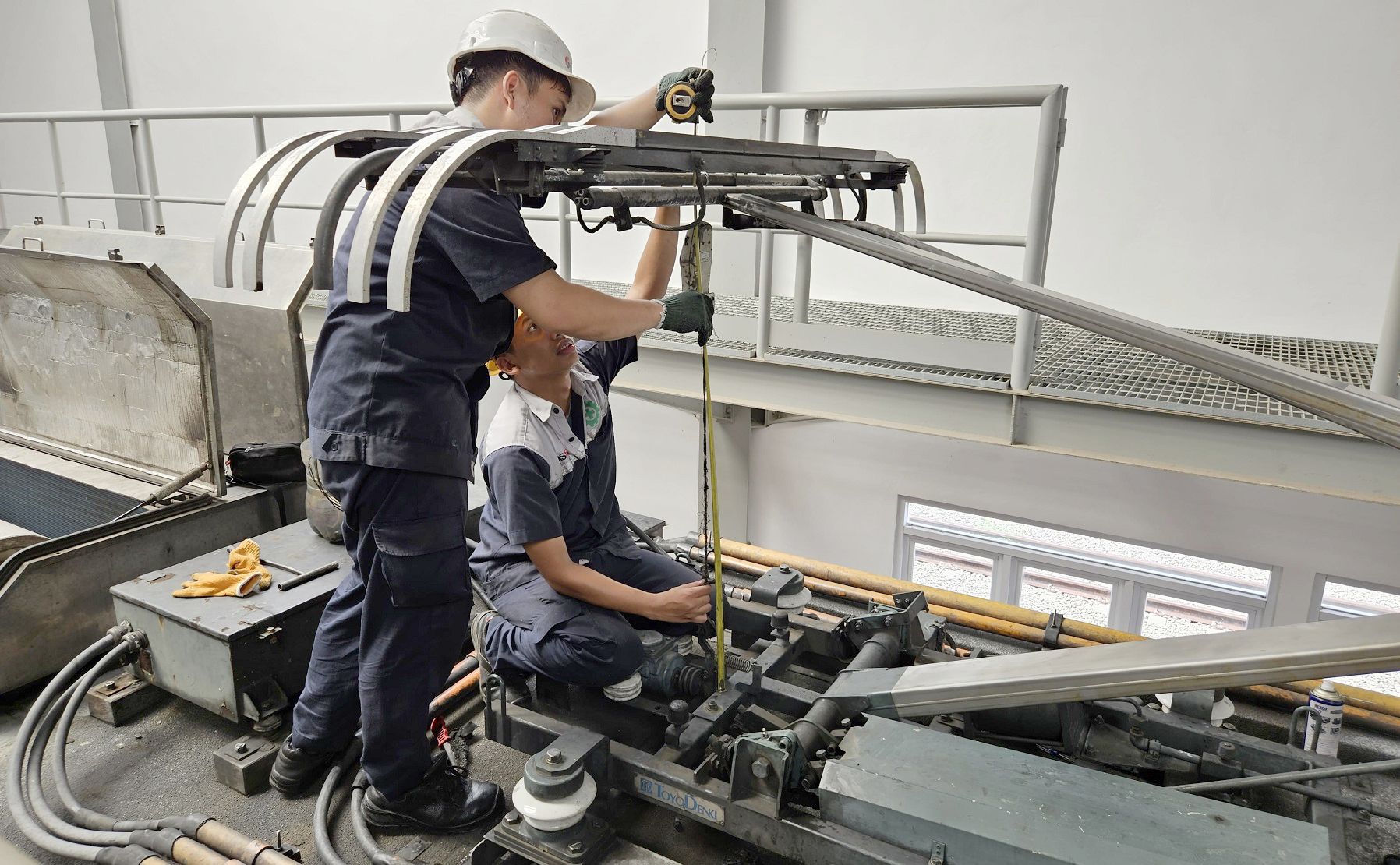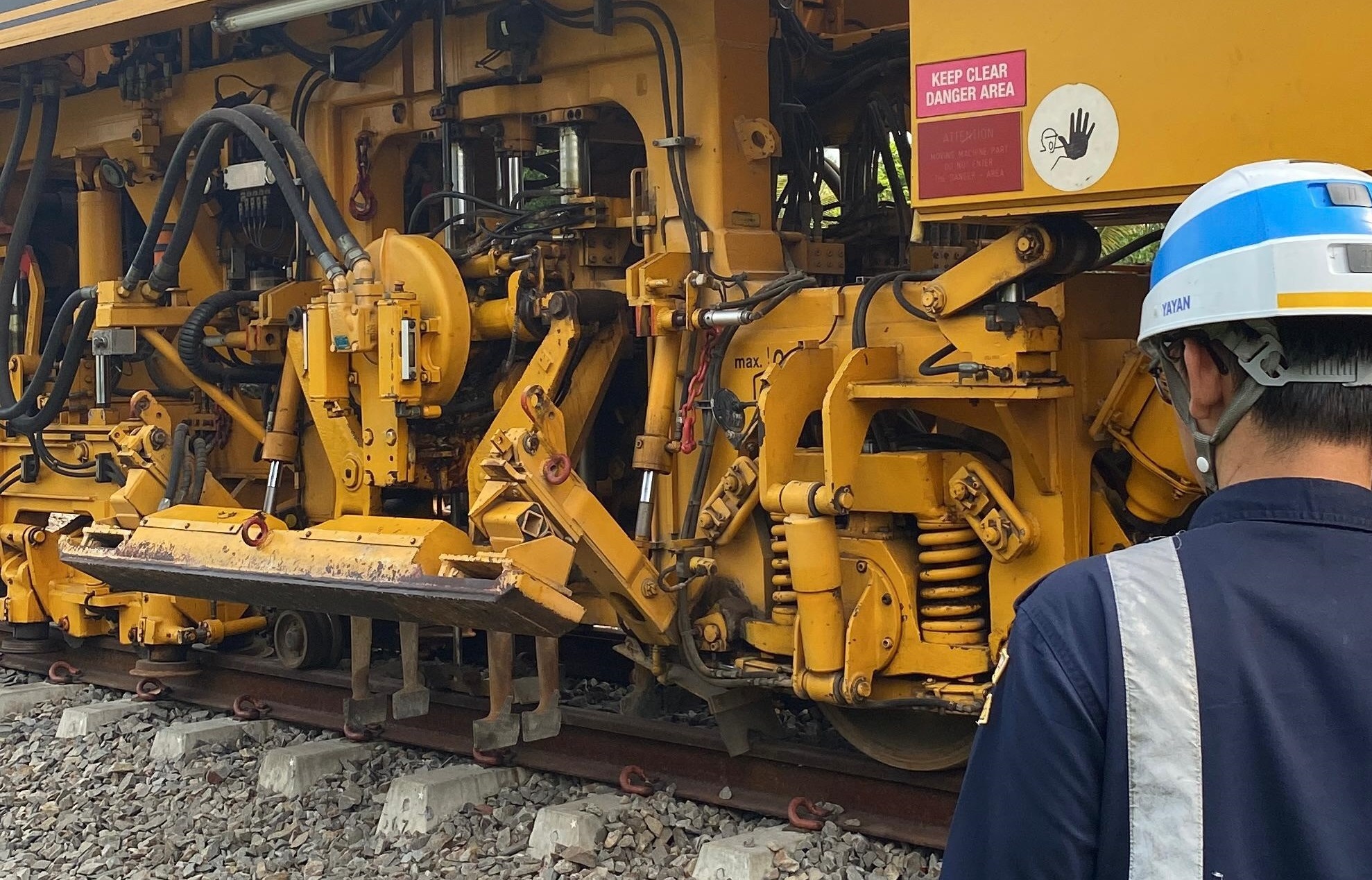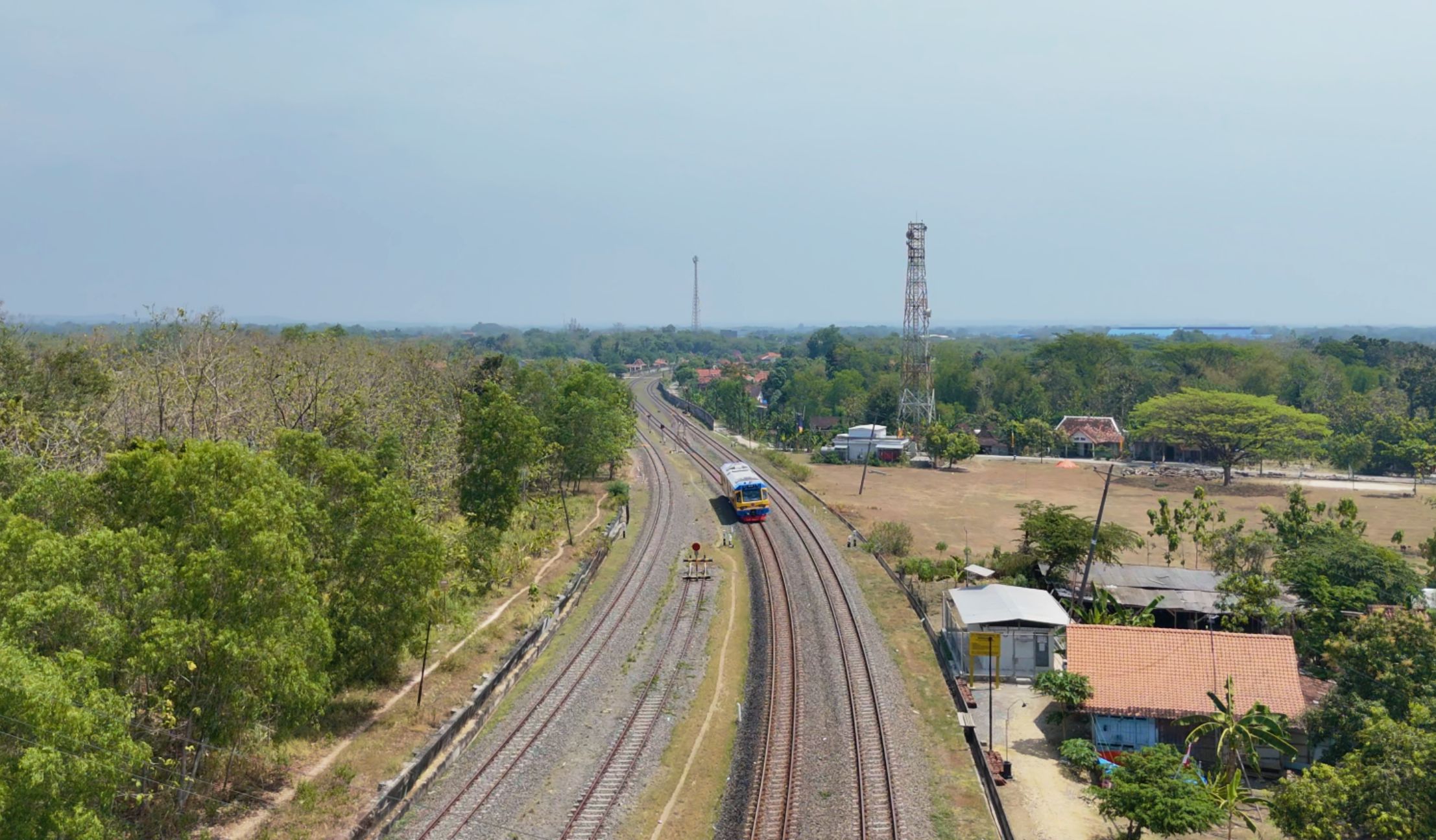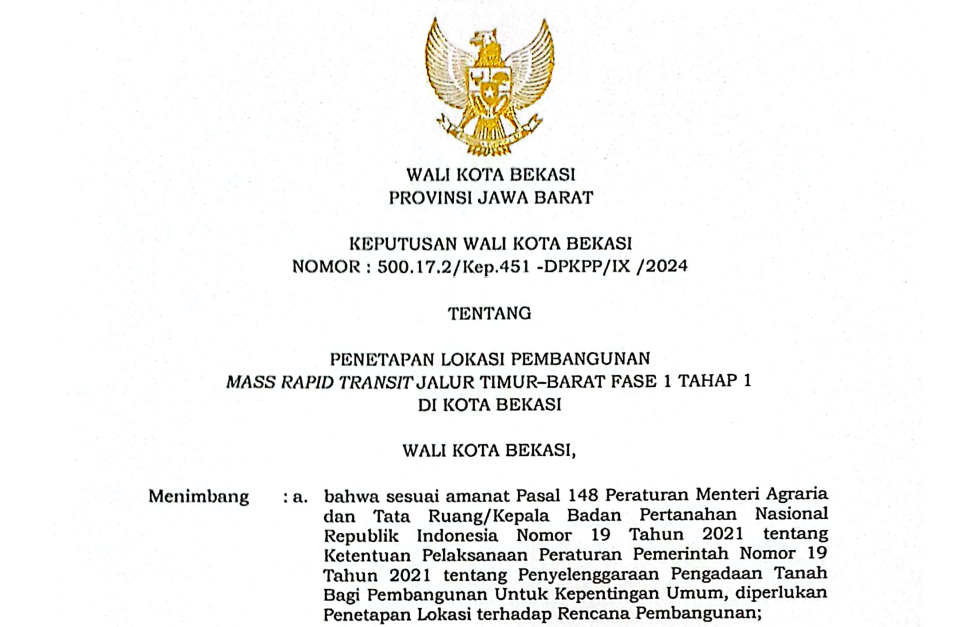KRL maintenance at Solo Jebres Depot

The Solo Jebres KRL depot officially began operating in early August 2024 after collaboration between the Railway Maintenance Center and PT Kereta Commuter Indonesia. The Solo Jebres KRL Depot Workshop has begun carrying out maintenance on the Electric Rail Train (KRL) unit which serves transportation on the Yogyakarta-Solo route. Maintenance is carried out over a monthly maintenance period (P1), but it can be seen in the field that the maintenance team carries out daily maintenance on several occasions.
As seen in the activities on Monday (9/9/2024), the Solo Jebres KRL Depot was the location for monthly KRL maintenance activities. This activity is one of a series of maintenance carried out by PT Kereta Commuter Indonesia (PT KCI) together with PT Inka Multi Solusi Service (IMSS). Supervision is carried out by PT KCI management.
The aim of this maintenance activity is to extend the service life of equipment, ensure optimal levels of availability of production facilities, ensure the operational readiness of all facilities for emergency use and ensure the safety of operators and facility users.
Solo Jebres KRL Depot is a KRL maintenance place which is equipped with supporting equipment, including an overhead crane with a capacity of 7.5 tons, other lifting equipment such as lifting jacks and forklifts, wheel diameter measuring equipment, as well as tools and hydraulics.
This monthly maintenance activity (p1), includes checking, cleaning and lubrication. P1 maintenance carried out at the Solo Jebres Depot was 4 KRL trainsets (16 trains).
KRL checking work includes checking the electrical and mechanical systems on the pantograph system, checking the electrical and mechanical upper frame, checking the electrical and mechanical lower frame, and checking the power supply.
The pantograph itself is a device that functions to connect the voltage from the catenary to the electrical system on the train. During monthly maintenance (P1), the pantograph is inspected, including checking the pantograph function, checking the contact strip, visual checking, checking the insulators, and checking the pantograph pneumatic system.
Apart from that, P1 activities also carry out checks on electrical and pneumatic systems which are no less important. The electrical system on the KFW KRL is useful for turning on horns, lights, signal lights, audio systems, cabin and passenger room lights, electrical indicators, intercom between trains, LED displays of train names and numbers, and even turning on the train's AC cooling system.
The purpose of checking these systems during routine maintenance and final maintenance is to ensure that the KRL facilities operating for passenger transportation are always in a proper and optimal condition, so that passengers feel comfortable and safe when using electric rail transportation.
Meanwhile, cleaning work items include cleaning the electrical and mechanical systems on the pantograph system, electrical and mechanical cleaning of the upper frame, electrical and mechanical cleaning of the lower frame, cleaning the propulsion and replacing the Ph and Pa Box air filters.
Cleaning uses wind, cleaning fluid and wiping. Cleaning uses air from the compressor at the Solo Jebres KRL Depot.
Apart from these activities, at the Solo Jebres Depot, corrective maintenance activities have been carried out on KRL KFW on one of the trains which experienced damage to the gearbox using equipment available at the Solo Jebres Depot, including using lifting jacks with a capacity of 10 tons each and overhead cranes with a capacity of 7.5 tons to lift the train body, so that gearbox repairs can be carried out on the train boogie.
For information, the KRL Commuter Line itself is a commuter rapid transport system based on electric rail trains (KRL) operated by PT Kereta Commuter Indonesia, a subsidiary of PT Kereta Api Indonesia (Persero). The KRL service itself has been operating in the Jakarta area since early 2000, until now serving routes in the Jabodetabek area as well as the Yogyakarta-Solo route.
The train is a domestic manufacturer of the EA202 series INKA Electric Rail Train, or better known as KRL i9000 KfW, which is an AC electric rail train produced by PT INKA (Persero), Madiun which operates on the Jogja-Solo-Palur route.
This KRL was purchased by the Ministry of Transportation of the Republic of Indonesia (Kemenhub) in the amount of 40 units (10 sets), and sponsored by a bank belonging to the German Federal Government, namely "Kreditanstalt für Wiederaufbau" (KfW), whose name is identified with this KRL.
To fulfill KRL transportation services, PT KCI partners with PT INKA (Persero) to fulfill KRL facilities needs. PT INKA (Persero) then collaborated with Bombardier Transportation to build this KRL and it was completed in 2011.
A total of 40 units (10 series) in the form of 4 trains were brought from the PT INKA factory, Madiun to Jakarta and went through a series of trials to see their performance and reliability.
In early 2013, the KRL, which is similar in shape to the KRL-I, underwent operational trials before being operated at this time.
So, that's the latest news regarding maintenance activities taking place at the Solo Jebres KRL Depot, which is also always monitored by the Baperka Squad on duty in the area. Stay tuned to the Railway Maintenance Bulletin for more information about the Solo Jebres Depot! (yogo/luhur)






.jpg)




Komentar
LOGIN FOR COMMENT Sign in with Google